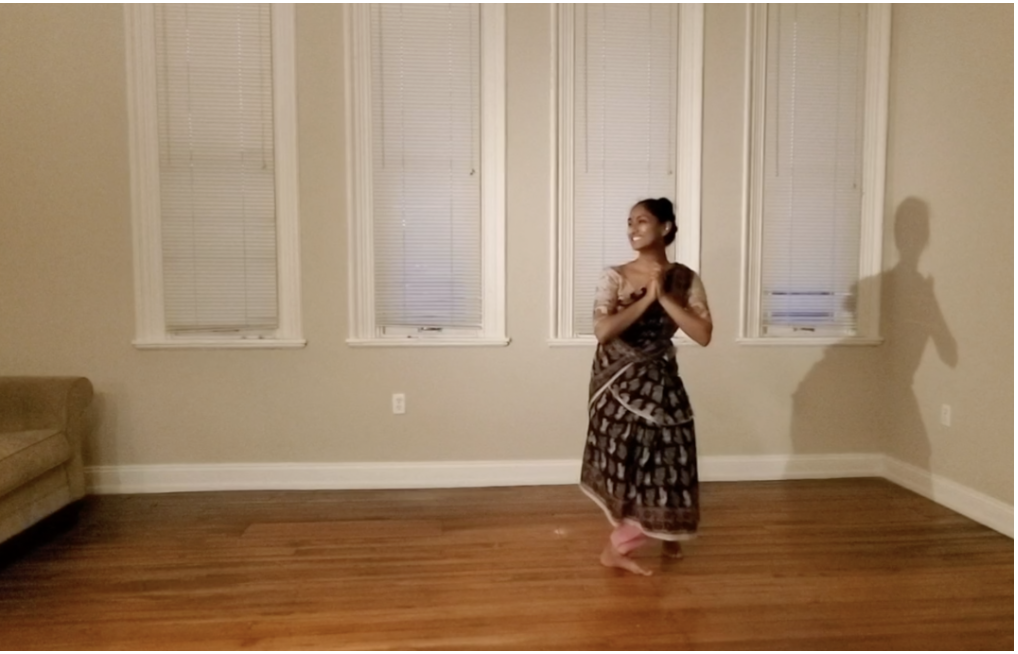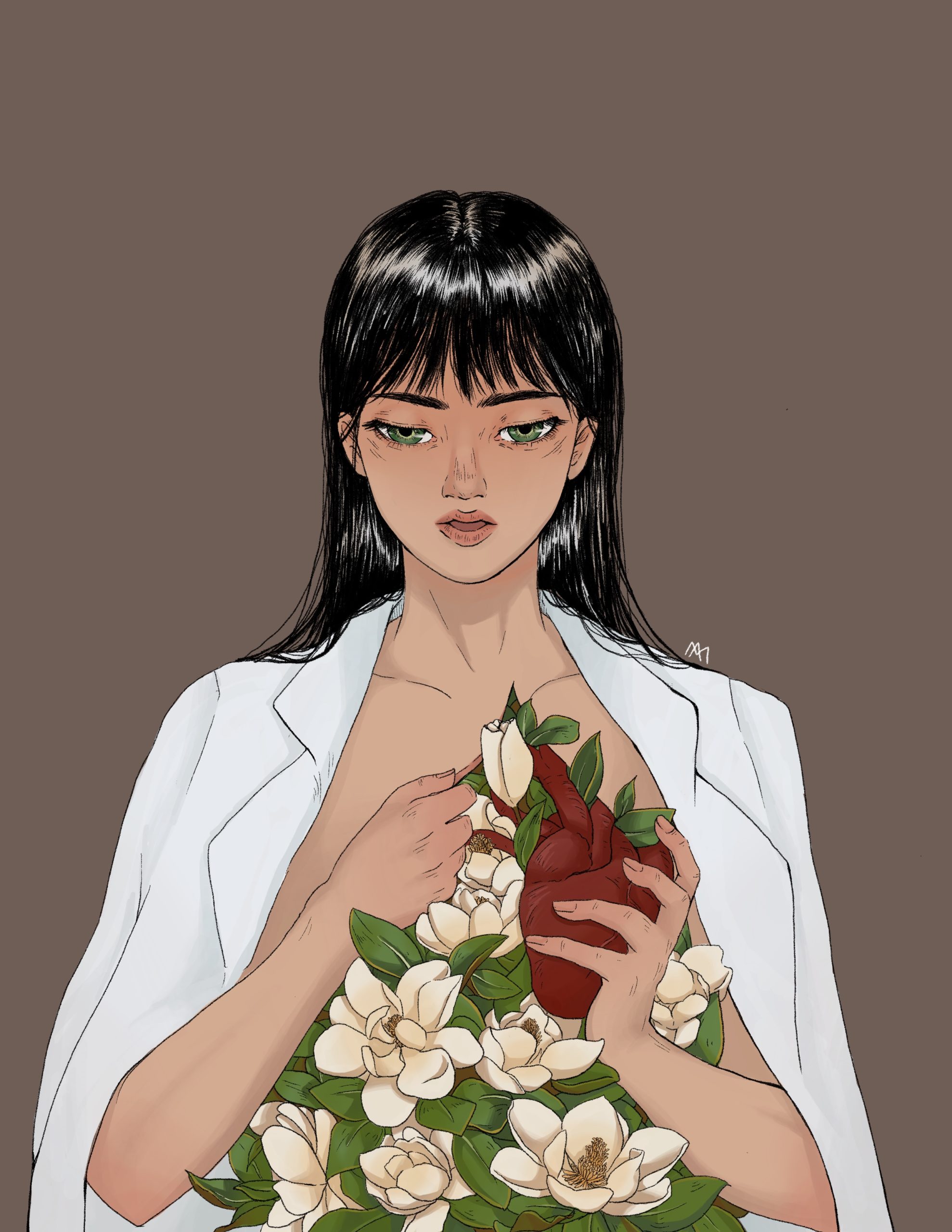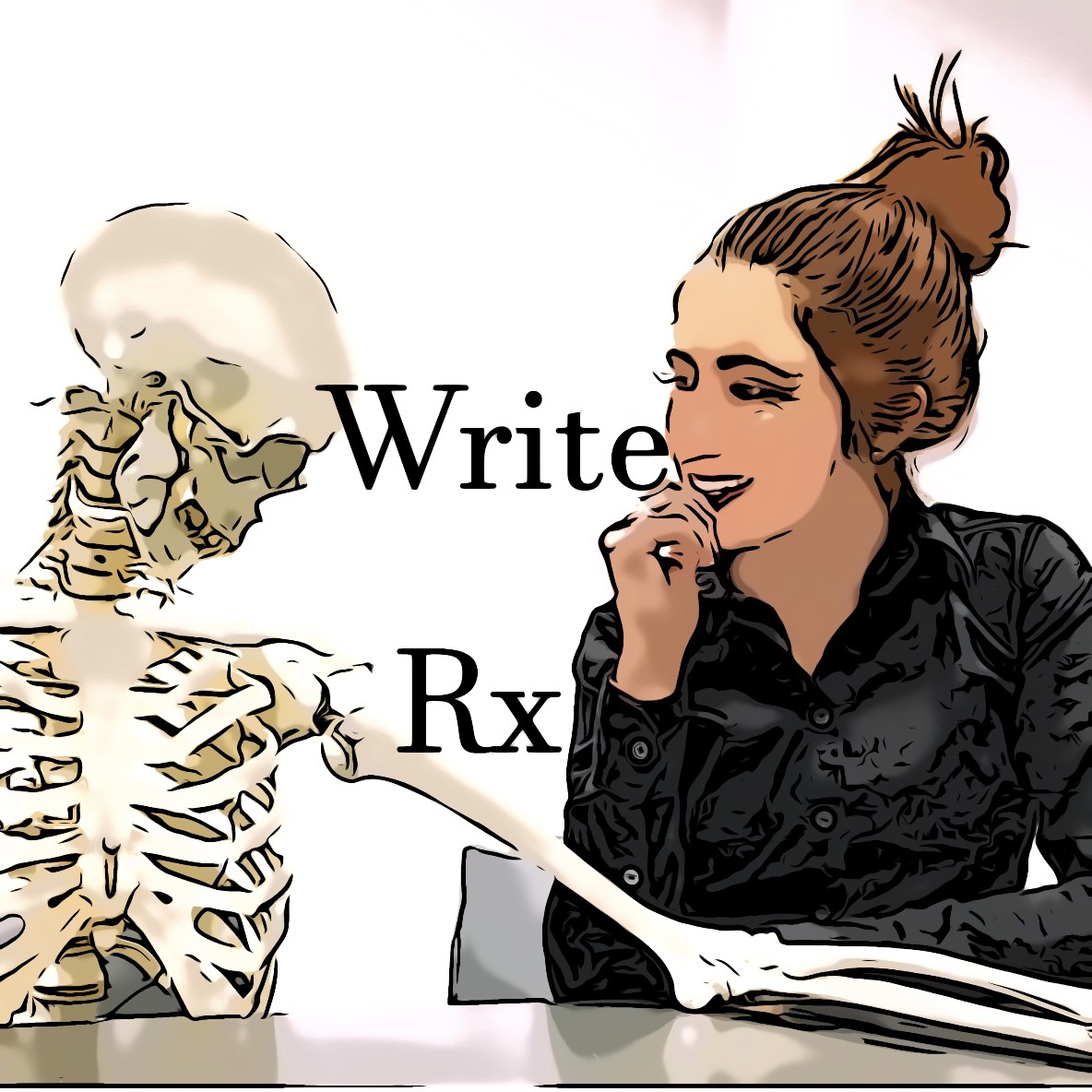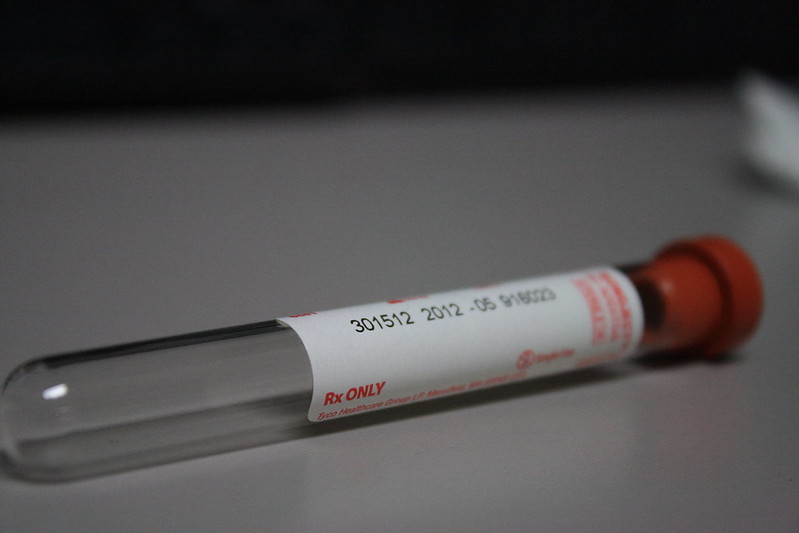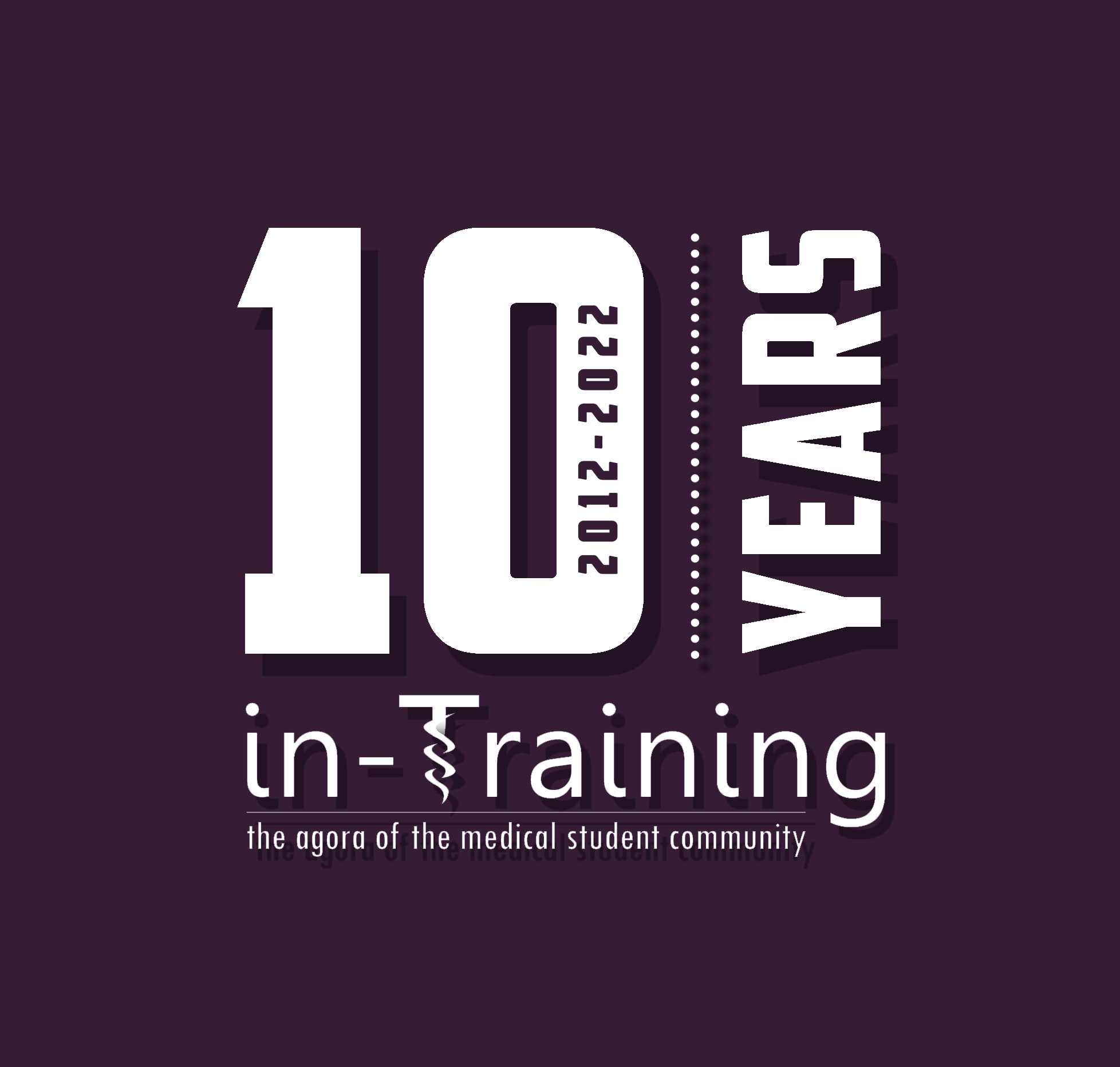East of Eden: Illness Representations and the Moral Compass
The crumpled old gentleman nestled in the armchair of his hospital room, bundled in blankets from the warmer down the hall, cards from his family propped up like a miniature Stonehenge on the table beside him. I listened closely to his heart and lungs, eyed the half-full urinal hooked onto his bed frame, and drew my fingers along his shins.



